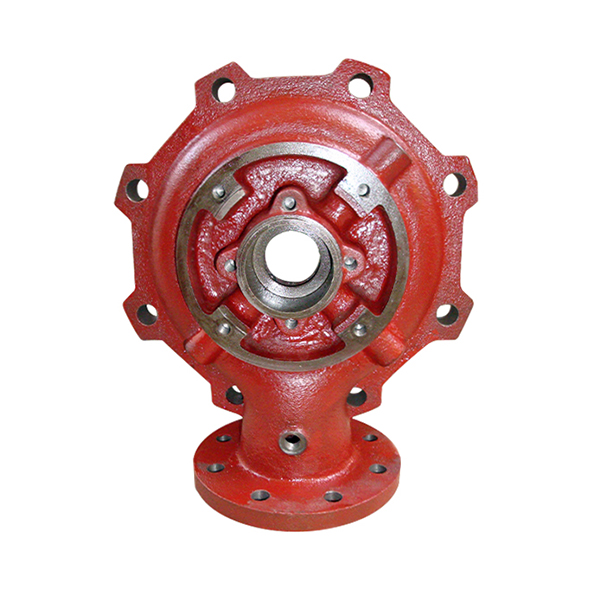Mobile:+86-311-808-126-83
Email:info@ydcastings.com
impeller closed
Understanding Impeller Closed Designs in Pumps
In the world of fluid dynamics and pump technology, impellers play a crucial role in moving fluids efficiently. Impellers are rotating components within pumps that impart kinetic energy to the fluid, allowing it to flow from one location to another. Among the various designs, the closed impeller is known for its efficiency and versatility. This article explores the structure, advantages, and applications of closed impellers.
Understanding Impeller Closed Designs in Pumps
Another key advantage of closed impellers is their ability to provide better hydraulic performance. The enclosed nature of the impeller allows for more efficient fluid flow, resulting in higher overall pump efficiency. This is particularly important in applications requiring significant energy savings and reduced operational costs. Furthermore, closed impellers tend to produce smoother flow rates, which can contribute to less wear on the pump and its associated components.
impeller closed

The closed impeller design is also versatile in terms of applications. It is commonly used in centrifugal pumps across various industries, including water supply, wastewater treatment, chemical processing, and HVAC systems. The closed impeller performs well with a variety of fluids, including clean water, viscous liquids, and even slurries, making it an ideal choice for different operational needs.
However, selecting the right impeller design should be based on specific application requirements. While closed impellers excel in many situations, they might not be the best option for fluids containing large solids or those that can lead to clogging. In such cases, open impellers or semi-open designs may be more suitable.
In conclusion, the closed impeller is a vital component in pump technology known for its efficiency, versatility, and enhanced hydraulic performance. Its ability to handle high-pressure situations and minimize cavitation makes it an indispensable choice in many industrial applications. As technology advances, we can expect further improvements in impeller design, leading to even greater efficiencies and capabilities in fluid management systems. Understanding the nuances of impeller design is essential for engineers and operators alike, ensuring that the right choice is made for each unique scenario.
-
Why Should You Invest in Superior Pump Castings for Your Equipment?NewsJun.09,2025
-
Unlock Performance Potential with Stainless Impellers and Aluminum End CapsNewsJun.09,2025
-
Revolutionize Your Machinery with Superior Cast Iron and Aluminum ComponentsNewsJun.09,2025
-
Revolutionize Fluid Dynamics with Premium Pump ComponentsNewsJun.09,2025
-
Optimizing Industrial Systems with Essential Valve ComponentsNewsJun.09,2025
-
Elevate Grid Efficiency with High-Precision Power CastingsNewsJun.09,2025











